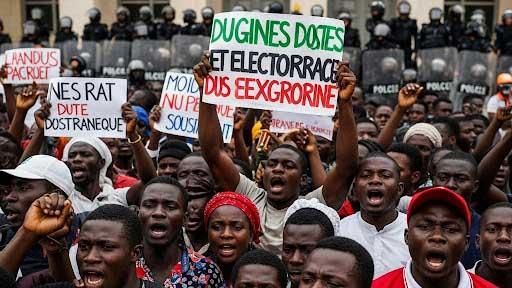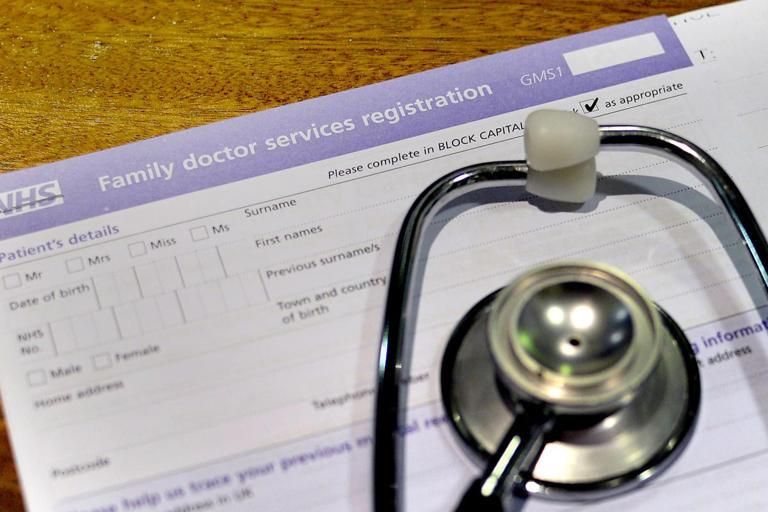Persistent rumours of a military coup attempt in Ivory Coast, which rapidly circulated across social media platforms, have been largely debunked by both government officials and local journalists. President Alassane Ouattara was seen on Wednesday, May 22, chairing a council of ministers meeting at the presidential palace in Abidjan, directly contradicting claims of his disappearance or an overthrow of his government.
Unverified reports, particularly on platforms like X (formerly Twitter), Facebook, and TikTok, had fueled speculation of intense gun battles, the death of the Chief of Army Staff, and even the potential kidnapping or death of President Ouattara since May 19. Some posts alleged widespread unrest and a media blackout.
However, the Ivorian presidency released a statement, accompanied by photographs, confirming President Ouattara's active participation in the cabinet meeting. Journalists on the ground in Abidjan have also dismissed the coup claims as "fake news," emphasizing the country's stability and the continued functioning of government operations. "There is no coup in Côte d'Ivoire. The country is stable," stated Christelle Kouamé, an Ivorian journalist.
While Ivory Coast has a history of political volatility, including a 1999 coup and post-election violence in 2010-2011, it has enjoyed a period of relative stability and economic growth in recent years. The current wave of rumours comes ahead of the crucial October 2025 presidential election, a period often marked by heightened political tensions. Analysts suggest that such unconfirmed reports highlight the region's broader susceptibility to misinformation and political instability.
Authorities have not commented directly on the origin of the false rumours, but the swift debunking by official channels and verified sources aims to quell any public alarm. The government meeting reportedly addressed key national issues, including electricity diversification and housing.
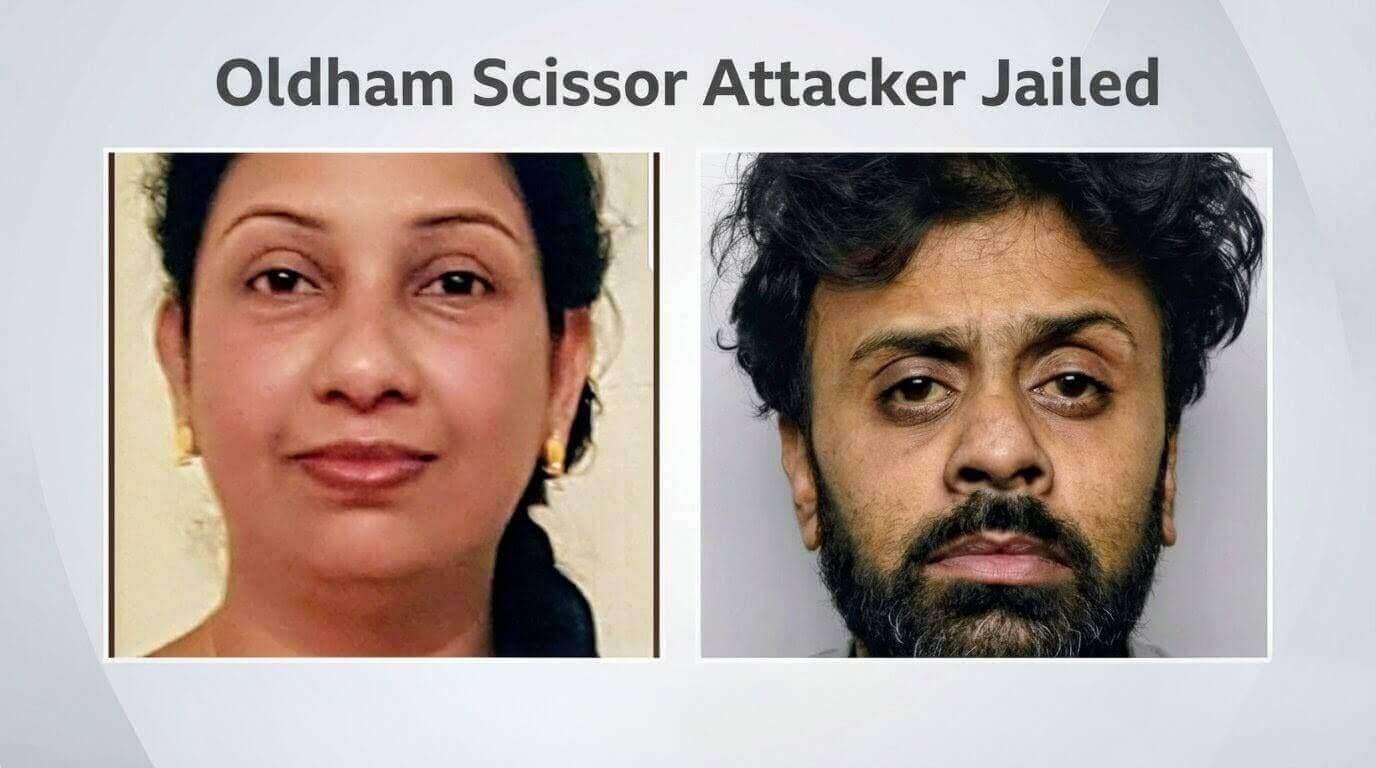
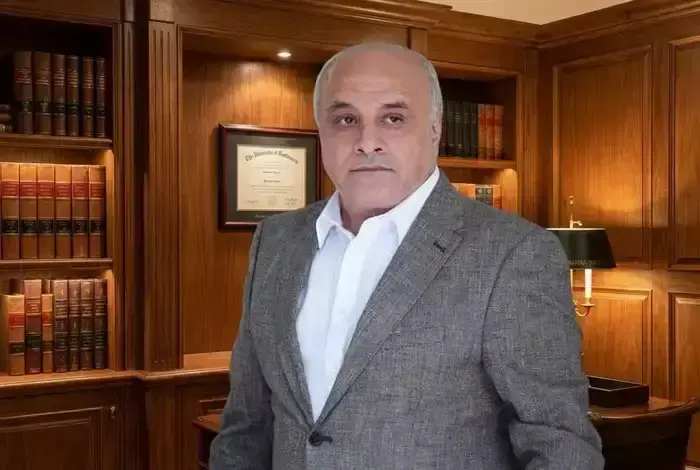

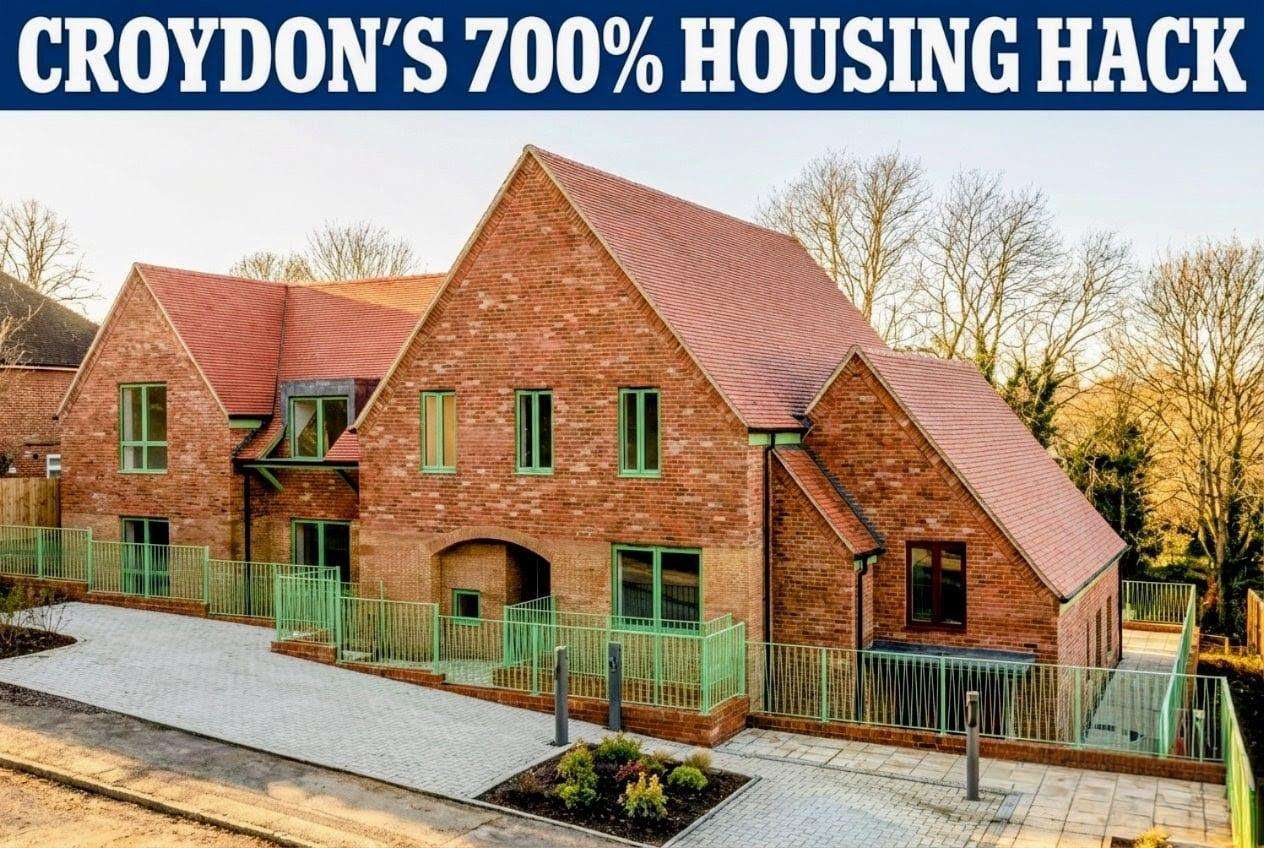
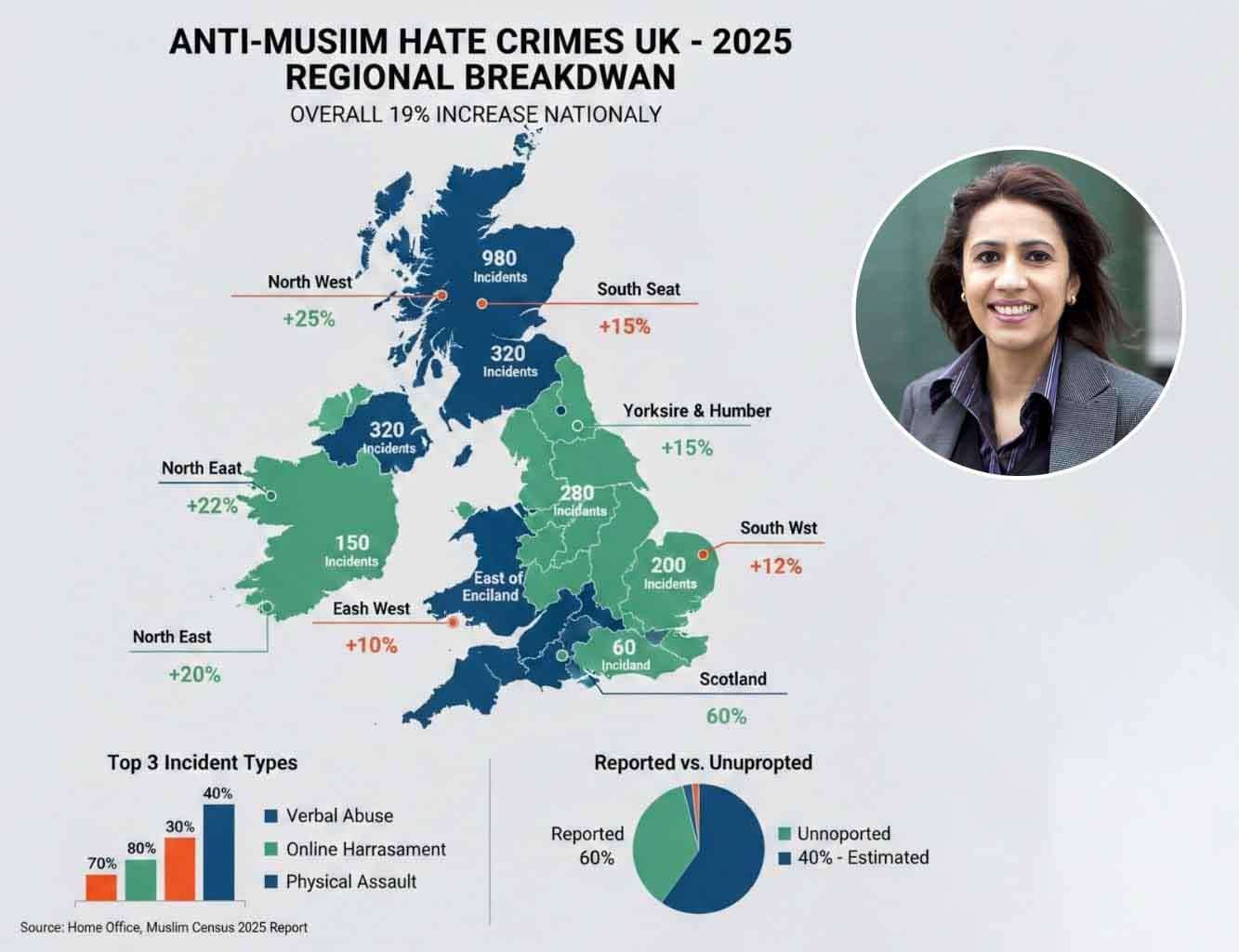


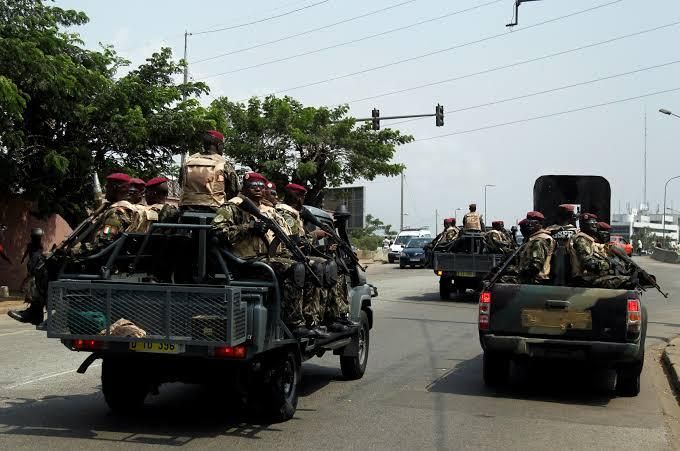
.svg)

